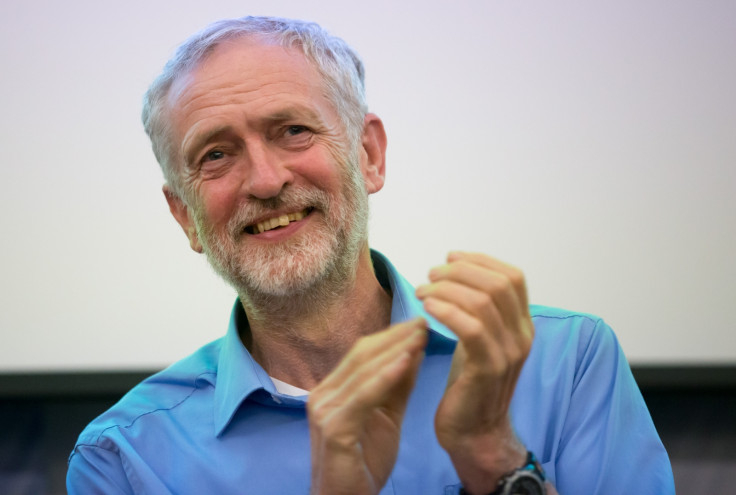Jeremy Corbyn and collective memory – is it another historical moment for radical change?

The collective memory in UK politics is lengthy, extending back over two generations and the best evidence for this is the rare incidence of radical change. In the twentieth century wholesale political transformation occurred only three times
The most recent was the advent of Margaret Thatcher in 1979, 36 years ago, with the rolling back of the welfare state. This contrasted sharply - not to say in parts diametrically - with the inauguration of the welfare state by Atlee's government, with its beginnings in 1945, 34 years previously.
And before that, radical change came with the liberal reforms mostly driven by Lloyd George in 1906 and the years immediately following - this time a gap of around 39 years - which saw the introduction of state pensions and unemployment insurance, plus extensions of state education and workplace reform.
The reasons for this two generation gap could include risk aversion: the population as a whole could be much more risk averse than - to take the best parallel example - the financial markets, where the collective memory appears to be around seven years, which is the standard length of the boom to bust cycle. And another, related, issue could be inertia: there is not the same dynamic attitude towards change in social contexts as there is within business and finance, with social change taking a couple of generations to filter through and consolidate before the next round of change is due and demanded.
So it may be that - assuming Corbyn does assume the leadership of the Labour party in September - that the election of 2020 could be his moment.
But of course such inductive logic has flaws. Two of the previous radical upheavals were backed either by social unrest or massive popular dissatisfaction. Lloyd George feared the revolutionary wrath of the populace, Atlee was driven by the iron resolve of the returning troops from the second world war that the poverty of the 1930 should fade into history.
The advent of Thatcher, however, did not appear to be driven by incipient revolution or massive discontent, more from a sense of nagging dissatisfaction with the status quo. So perhaps the same could apply to the public mood now, particularly with the tangible issue of housing shortages in the south-east as a factor to provide some ballast (which was also the case in 1945, albeit to a far more serious extent than now).
The main factors against Corbyn are that much of his support comes from a youthful demographic that does not vote, at least at present, enough in elections and - probably much more importantly - that five years is a very long time in party political politics, even if it is a mere blip in social history.
© Copyright IBTimes 2025. All rights reserved.





















